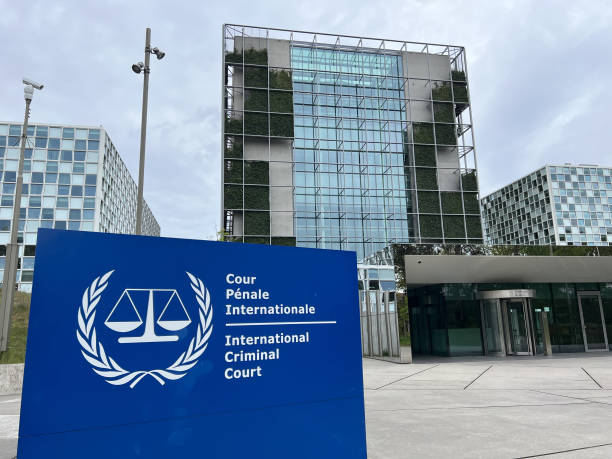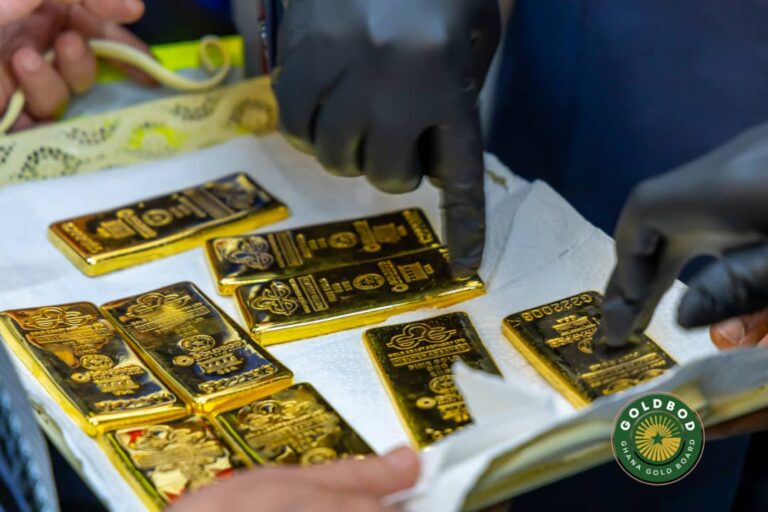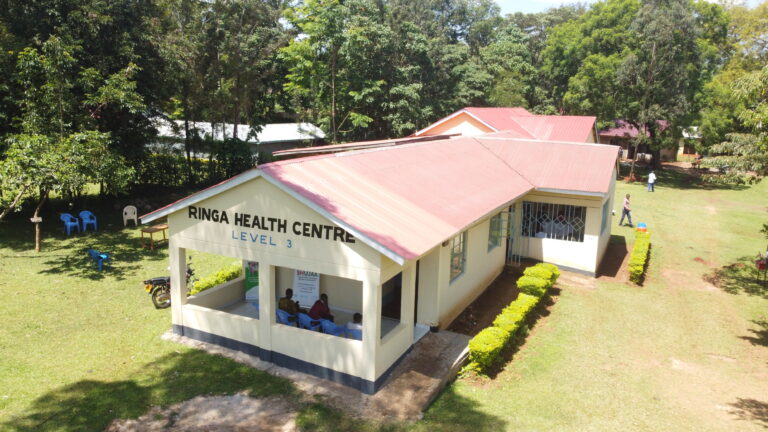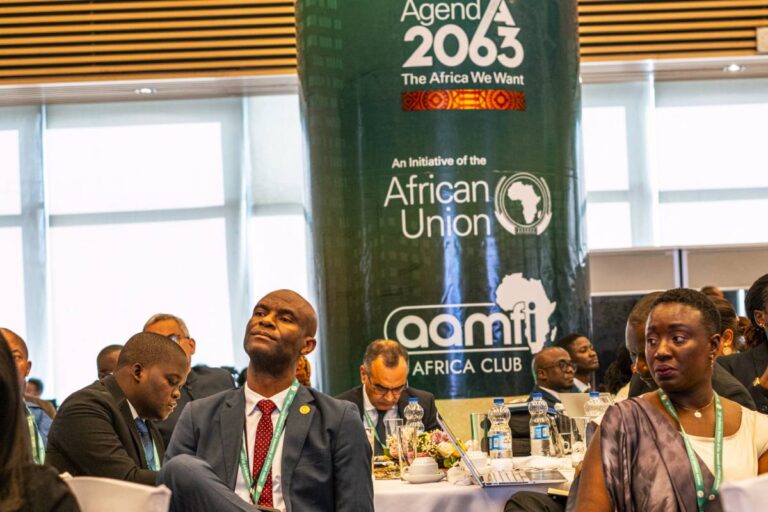At a time when the world grappled with serious crimes against humanity as instigated by those in power, the International Criminal Court (ICC) was collectively founded to address the challenges.
Seventeen years into its existence, the majority of member have expressed their discontent with the institution.

Why the Alliance of Sahel States withdrew from the ICC
Burkina Faso, Mali and Niger, currently under military rule and dubbed the Alliance of Sahel States, announced their withdrawal from the ICC.
According to a joint statement released by the three military states, their move was fueled by a desire for independence from colonial institutions, which they believed no longer served African interests.
Founded in 2002 in Rome, Italy, the ICC is an intergovernmental organisation and an international tribunal seated in The Hague, Netherlands.
Role of ICC
The ICC’s primary mandate is to investigate and, where warranted, try individuals charged with the gravest concern to the international community.
These crimes include: crime against humanity, crimes of aggression, genocide and war crimes.
The ICC is the first permanent International Criminal Court in the world, governed by the Rome Statute treaty.
According to the ICC, to achieve stability and lasting peace, their trials are conducted legally, the prosecution is independent, defendants’ rights are upheld, and victims’ voices are heard.
Additionally, victims and witnesses are protected, and the court allows the affected communities to speak directly to them. Statements that Burkina Faso, Mali and Niger do not agree with.
The ICC recognises six official languages: English, French, Arabic, Chinese, Spanish and Russian. The working languages are English and French.
ICC’s success since its formation
Since its inception, 33 cases have been before the court, with 61 arrest warrants issued.
Twenty-two suspects have been detained in the ICC detention centres and have appeared before the court; 30 people remain at large, and charges have been dropped against 8 people as a result of their deaths.
Nine individuals have been summoned to appear before the court, 11 convictions and 4 acquittals.
In Africa, the ICC has field presence in Kinshasa and Bunia in the Democratic Republic of Congo (DRC), Kampala (Uganda), Bangui (Central African Republic), Abidjan (Cote d’Ivoire) and Bamako (Mali).
Concerns about impartial justice against superpowers
The ongoing catastrophic war between Russia and Ukraine, and Israel and Hamas in Gaza has elicited mixed reactions globally.
The vast majority of netizens have repeatedly called for the arrest of Benjamin Netanyahu, Israel’s Prime Minister and Vladimir Putin, Russia’s president, for orchestrating crimes against humanity.
Although arrest warrants have been issued, the ICC’s speed and intentionality in apprehending the perpetrators of alleged heinous crimes in the Gaza Strip and Ukraine have been criticised by some African leaders.
With the majority of its investigations and indictments concentrated in Africa, African leaders have accused the ICC of bias and a neo-colonialist approach to seeking justice.
Uproar over Netanyahu’s address to UNGA
Benjamin Netanyahu and Vladimir Putin, who addressed the 2025 UNGA summit despite the ICC’s warrant of arrest, may have confirmed the disproportionate treatment that African leaders are accusing the ICC of.
This move comes after Israel and the USA refused to be signatories to the Rome Statute, under which the ICC is established.
The cordial relationship between US President Donald Trump, and Israel has made it difficult for the ICC to indict Netanyahu.
Others claim that the ICC is not meant for superpowers but for underdeveloped, developing or third-world economies.
This has since raised the sincerity of the international community to the ICC. In their joint press briefing held in the state house on September 29, Trump hinted at taking over the leadership of the Gaza Strip.
Trump outlined a 20-point plan to end the war in Gaza. A temporary transitional governance named “Board of Peace”, will be overseen by Trump. Netanyahu, on the other hand, issued a threat to Hamas should they reject the plan.
“You are the greatest friend that Israel has ever had. But Mr President, you know we are not even close. If Hamas rejects your plan or counters it, Israel will finish the job it started”, said Netanyahu
“This can be done the easy way or the hard way, but it will be done because we didn’t sacrifice our young men to have Hamas stay in Gaza”, reiterated Netanyahu.
Netanyahu further received backing from Trump.
“Israel will have my full backing to finish the job of destroying Hama if they reject the deal”, emphasised Trump
While viewing the ICC as an imperialist tool, Burkina Faso’s Ibrahim Traore, Mali’s Assimi Goita and Niger’s Abdourahmane Tiani made it clear that the court has proven itself incapable of delivering its mandate.
Other Western superpowers have been accused of crimes, and they have never been summoned by the ICC.
Some have been summoned but have never been arrested despite the fact that they have travelled outside their countries multiple times. Israel and Russia, for instance, have proved to be untouchable.
Africa’s mass threat to exit from ICC
Other than Burkina Faso, Mali and Niger, other countries that have in the past hinted at withdrawing from the ICC include: Kenya, Burundi, South Africa, Gambia, Uganda and Namibia.
In South Africa, the withdrawal process was revoked by the High Court.
In Gambia, the withdrawal process was announced in 2016 but was later reversed by the newly elected president in 2017.
In Kenya, the parliament voted on the withdrawal motion, which never took effect.
While the three Junta-led African countries, Burkina Faso, Mali and Niger, have made a pronouncement of detaching from what they term Western institutions, the ICC must okay the process before it can take effect.
Exit from ICC
According to the ICC rules, a state’s withdrawal only takes effect one year after the official submission of the withdrawal notice to the UN General Secretariat.
Burundi was the first African country to withdraw from the ICC, a process that took effect in October 2017.
Even so, the ICC is facing a big test after it issued arrest warrants for Israeli Prime Minister Benjamin Netanyahu, over his role in the Gaza Strip war and Russian President Vladimir Putin over his devastating airstrikes and ground offensive in Ukraine.
Kenya, Côte d’Ivoire and the Central African Republic have formally been indicted by the ICC in the past. Their cases were initiated by the local governments. In the cases of Libya and Sudan, the UN Security Council made a referral to the ICC.
The three Sahel states have proposed to come up with robust Indigenous mechanisms to address impunity and governance problems in Africa moving forward.



